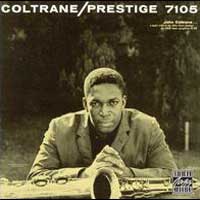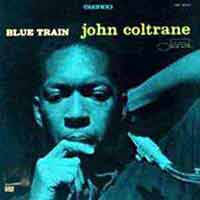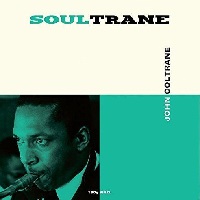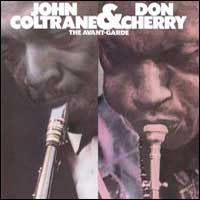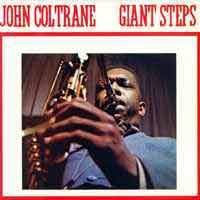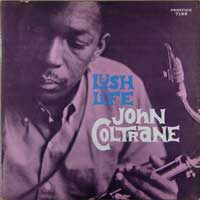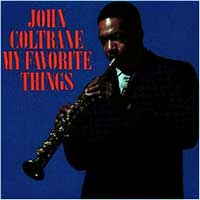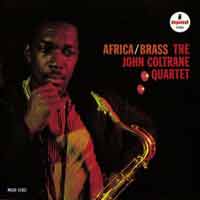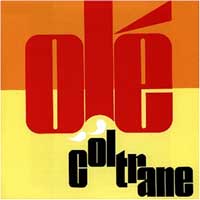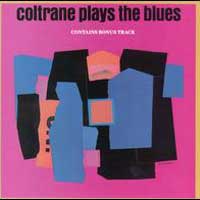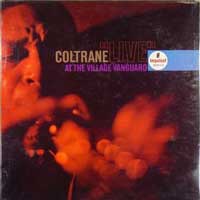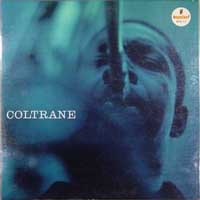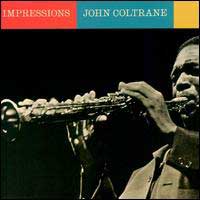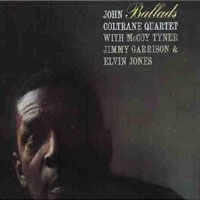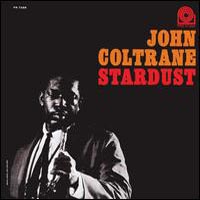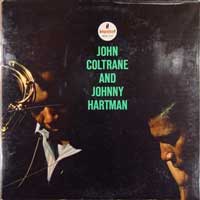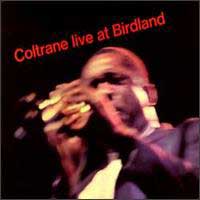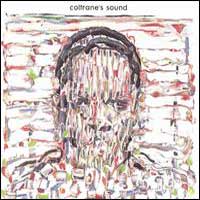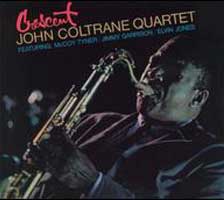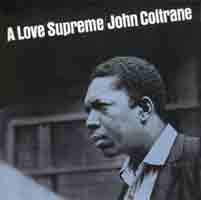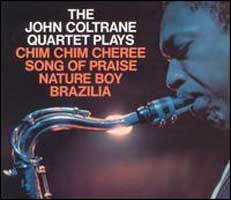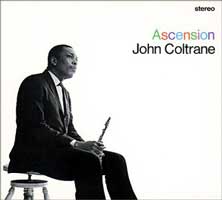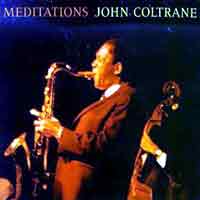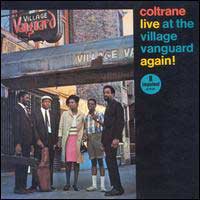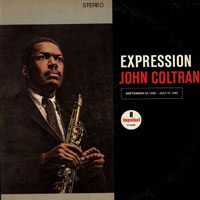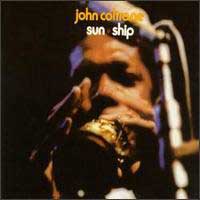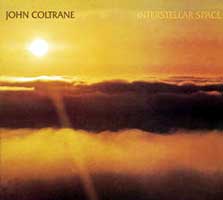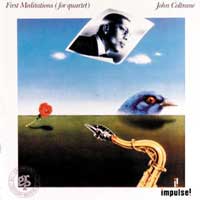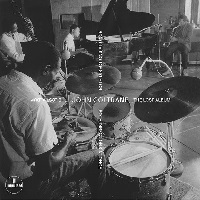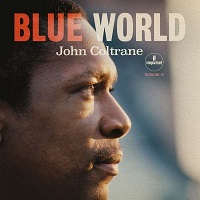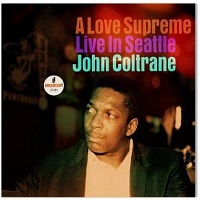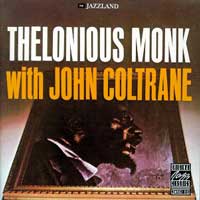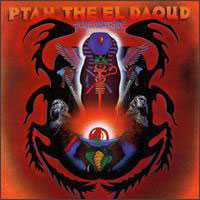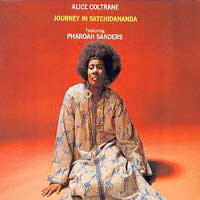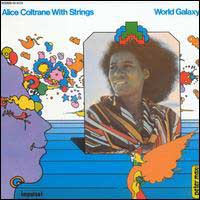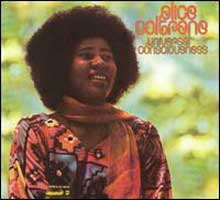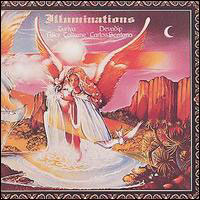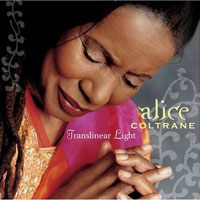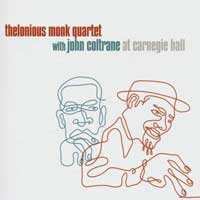Recorded in June of 1965 and released posthumously in 1970, Transition acts as a neat perforation mark between Coltrane's classic quartet and the cosmic explorations that would follow until Trane's passing in 1967. Recorded seven months after the standard-setting A Love Supreme, Transition's first half bears much in common with that groundbreaking set. Spiritually reaching and burningly intense, the quartet is playing at full steam, but still shy of the total free exploration that would follow mere months later on records like Sun Ship and the mystical atonal darkness that came in the fall of that same year with Om. McCoy Tyner's gloriously roaming piano chord clusters add depth and counterpoint to Coltrane's ferocious lyrical runs on the five-part suite that makes up the album's second half. In particular on "Peace and After," Tyner matches Trane's range of expression. The angelically floating "Dear Lord," a meditative pause in the album's center, holds true to the straddling of the line between modes of thinking and playing that define Transition, not quite as staid as the balladry of Trane's earlier hard bop days, but nowhere near the lucid dreaming that followed. Only nearing the end of "Vigil" does the quartet hint at the fury of complete freedom it would achieve later in the year on Sun Ship, or even more, provide a precursory look at terrain Coltrane would explore in duets with drummer Rashied Ali on Interstellar Space in 1967. [The omission of "Dear Lord” on some issues is replaced with the similarly subtle "Welcome" and still other issues include bonus album closer "Vigil"]
(by Fred Thomas, All Music Guide)
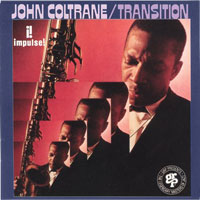
 Plattentipp
Plattentipp 

